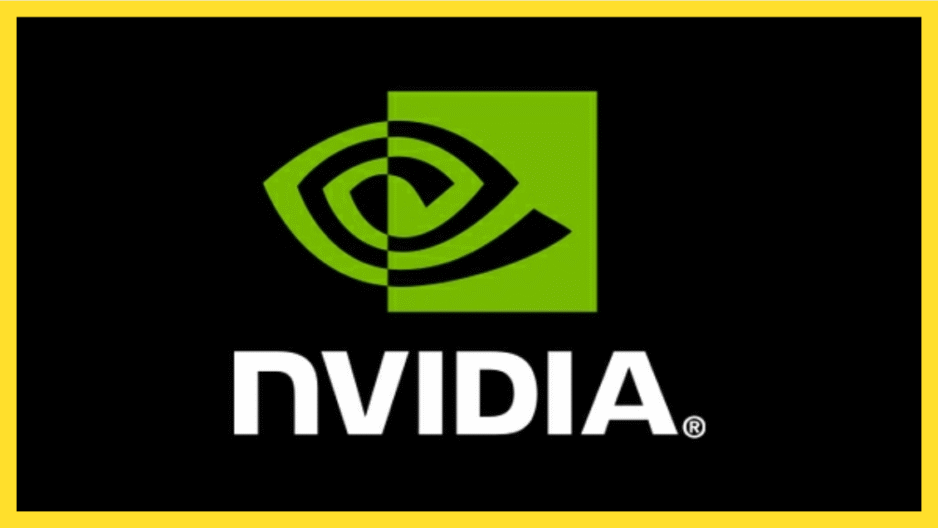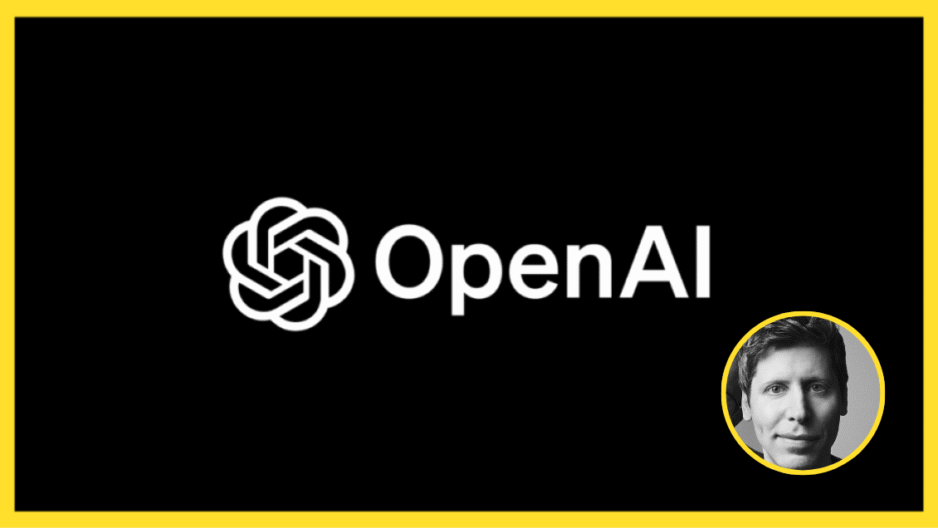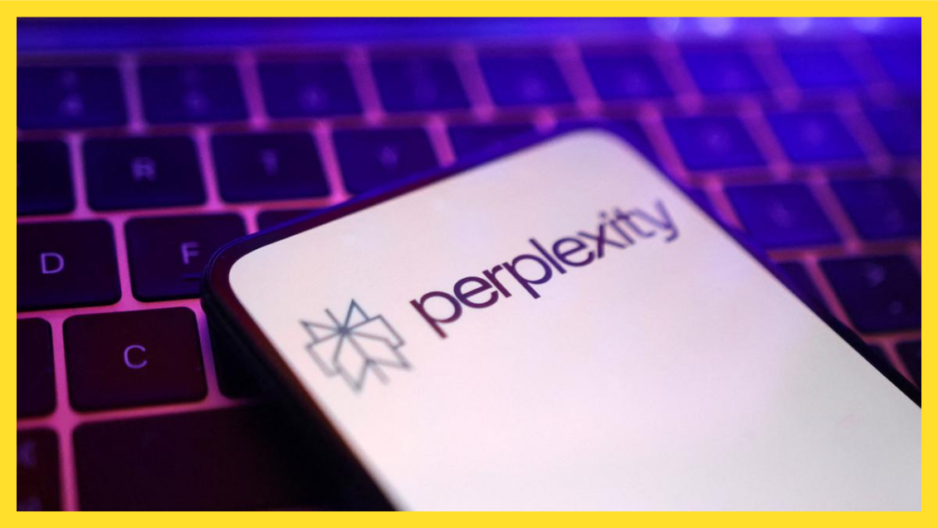OpenAI, the company behind the popular ChatGPT, has launched a new version of its chatbot called ChatGPT Go in India. This launch is a big deal because it offers advanced features at an affordable price, making powerful AI technology accessible to more people in the country.
ChatGPT Go is designed to provide users with higher query limits than before. This means you can ask the AI more questions or have longer conversations without worrying about limits. For students, professionals, or anyone who uses AI daily, this is a valuable upgrade that improves productivity and interaction.
One of the exciting new features in ChatGPT Go is image generation. This allows users to create pictures and graphics just by giving simple descriptions to the AI. It can be very useful for creative projects, marketing, and social media content, opening up new ways to use AI beyond just text.
India is a fast-growing market for technology, especially AI, and OpenAI’s focus on affordability is smart. Many people in India are tech enthusiasts or professionals who want to use AI but may have been held back by high prices or feature limits before. ChatGPT Go could change that by bringing more users into the AI world.
Overall, the launch of ChatGPT Go in India is a significant step in making AI more inclusive and practical for everyday use. With higher query limits and exciting new features like image generation, it offers great value for its price. As AI technology evolves, affordable options like this will likely drive innovation and creativity across many fields in India and beyond. For anyone interested in AI, ChatGPT Go is worth checking out.
Read more: Openai











